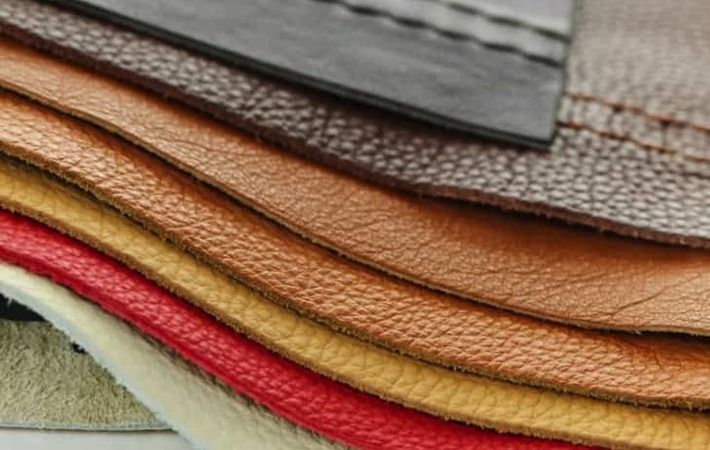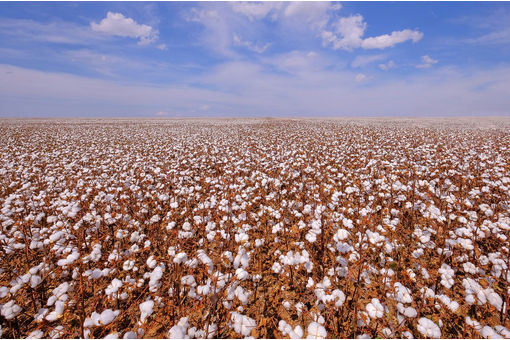Interviews
News Flash
UK's LWG working to improve traceability in leather supply chain
20 Apr '21
4 min read

Pic: Leather Working Group
The LWG Leather Manufacturer Audit Standard has been developed collaboratively over the years, aiming to drive positive change incrementally, by the phasing out harmful practices and promoting progressive improvements within the leather value chain. The latest step forward in this direction was the launch of Protocol 7 (P7), published in February.
According to LWG, transparency and traceability within supply chains are critical, it allows actors positioned in different points in the value chain to have assurances that materials are responsibly sourced, with socio-environmental safeguards required by the marketplace, and they can provide their customers with reliable sustainability claims. Enhanced transparency and full traceability of all types of raw materials is a fundamental building block to ensure that inappropriate exploitation of people and places, and irresponsible use of the finite resources of our planet, does not take place.
Material traceability has been an important topic for the LWG since its inception, and has gained special relevance since 2008, following the Greenpeace ‘Slaughtering the Amazon’ campaign. The LWG has been working on enhancing traceability and transparency within the leather supply chain through the LWG Leather Manufacturer Audit Standard, in close alignment with expert NGOs, such as the NWF (National Wildlife Federation) and WWF (World Wildlife Fund for Nature).
“The Leather Working Group has been actively and continuously working to elevate sustainability traits and to enhance supply chain governance in the leather value chain for several years. This work has contributed to leather stakeholders being able to deliver on their sustainability commitments in solid and verifiable ways. The LWG embraces an open and collaborative mindset, welcoming multiple perspectives from NGOs, producers, midstream actors and consumer facing companies,” Mauricio Bauer, senior director of Beef & Leather Supply Chains at WWF US, said in a press release.
“We are approaching traceability and supply chain transparency in three ways in P7. Firstly, through assessing material procurement to ensure upstream suppliers are also certified and are manufacturing in a responsible way. Secondly, by assessing the incoming material traceability, including new levels to increase the ability of all actors to achieve additional levels of traceability. And lastly, by assessing the traceability of the outgoing material, to incentivise the improvement of downstream traceability with a completely new section of the protocol,” the release said.
“For the first time, we have included incoming material traceability as a scored section in the audit, and plan to progressively increase these requirements in the next iteration of the LWG Audit Standard according to our roadmap. This means that having limited traceability and exposure to deforestation will start to negatively impact medal ratings. This phased approach will ensure that all actors are fully engaged and that we will achieve our goal in a realistic and possible manner,” company added.
The LWG’s vision for the future is for 100 per cent deforestation and conversion free leather, including all globally threatened geographies. This is why providing assurances for leather production, decoupling deforestation and conversion of natural landscapes from the sourcing of raw materials is a central piece of our work. WWF, NWF and other expert NGOs are closely collaborating with our team in our journey to improve supply chain governance for companies. This work is carried out in a data-driven, science-based manner, as we believe this is the most sustainable way to achieve our goal, fully aligned with the market needs.
“We see sustainability as a journey and not an end goal, with plenty of work still ahead of us. We will use the LWG Audit Standard to identify positive actors, especially in geographies where additional due diligence is required. We believe that identifying actors more advanced in their sustainability journey will highlight the positive examples to drive incremental change in a meaningful and scalable way,” the release said.
LWG will elevate these requirements in future versions of the LWG Audit Standard through continued collaboration with companies and expert NGOs, and using the input from the newly launched LWG Traceability Working Group (TrWG).
Fibre2Fashion News Desk (JL)
Popular News
Leave your Comments
Editor’s Pick
































-Ltd..jpg?tr=w-120,h-60,c-at_max,cm-pad_resize,bg-ffffff)





.jpg?tr=w-120,h-60,c-at_max,cm-pad_resize,bg-ffffff)
.jpg?tr=w-120,h-60,c-at_max,cm-pad_resize,bg-ffffff)






